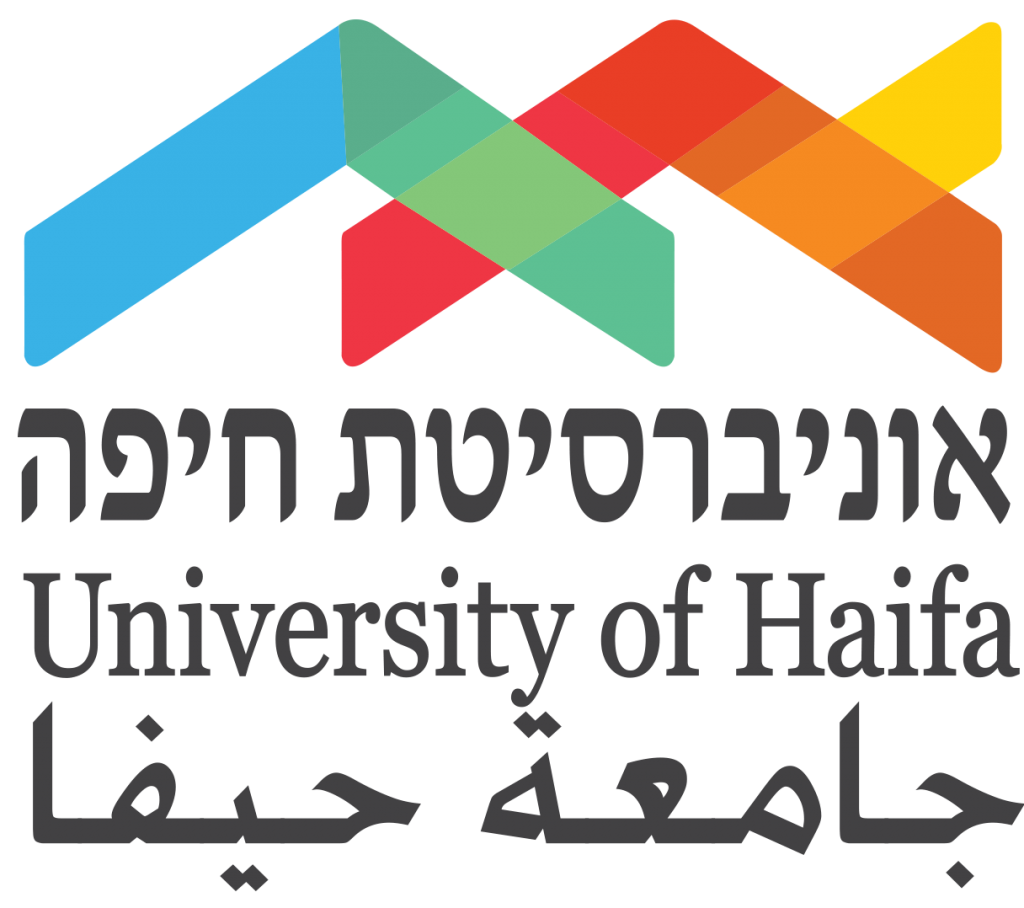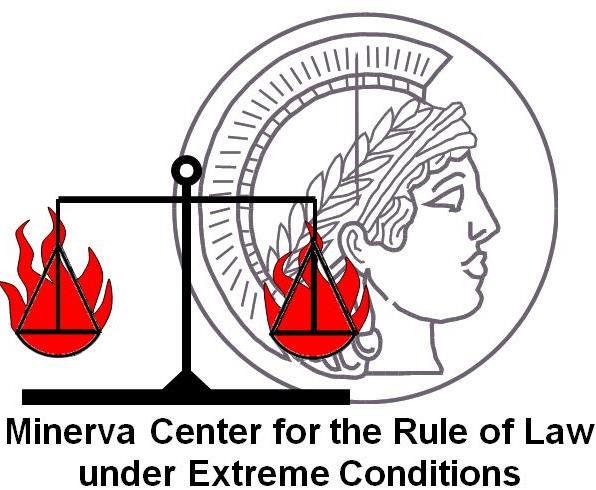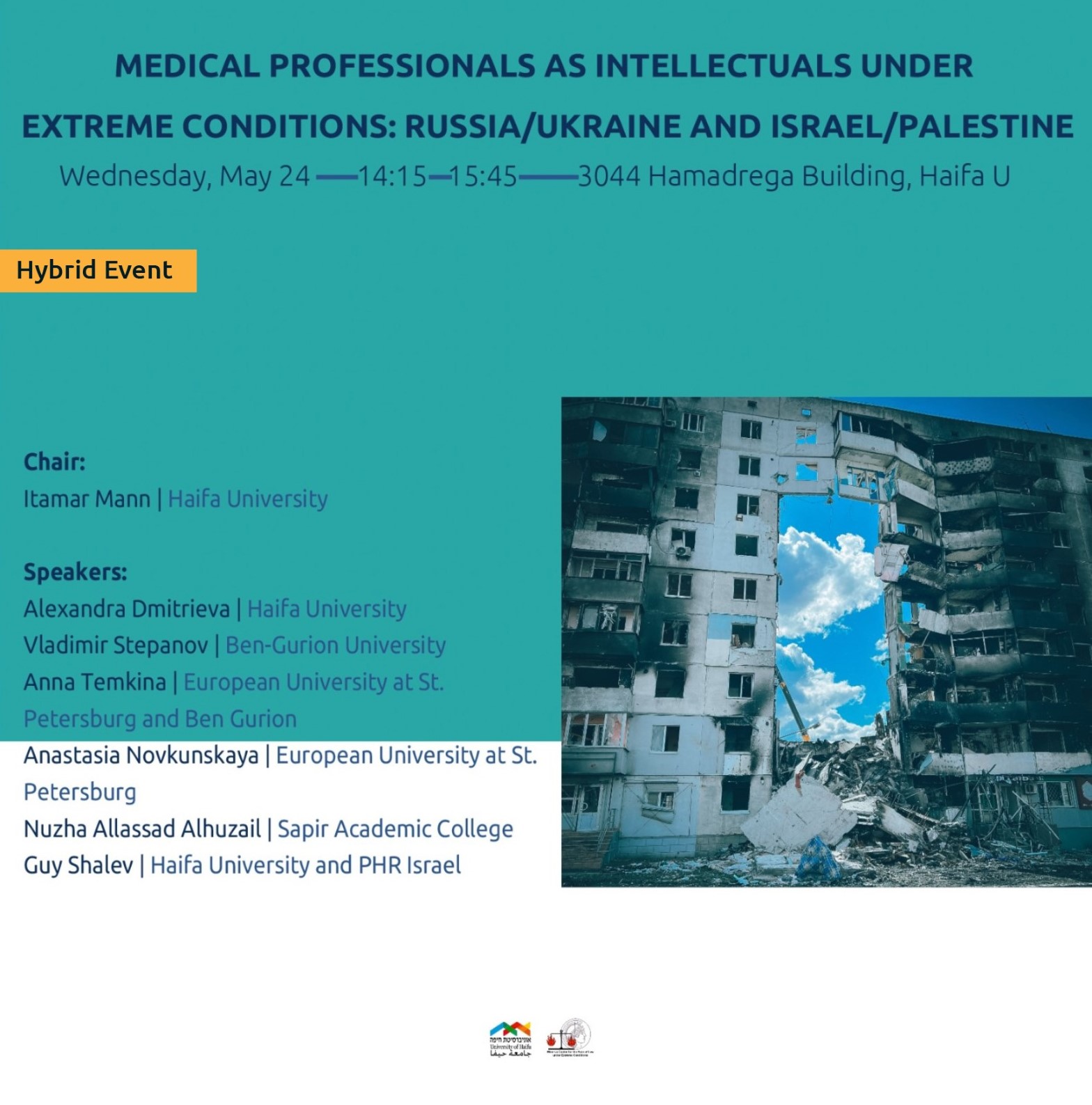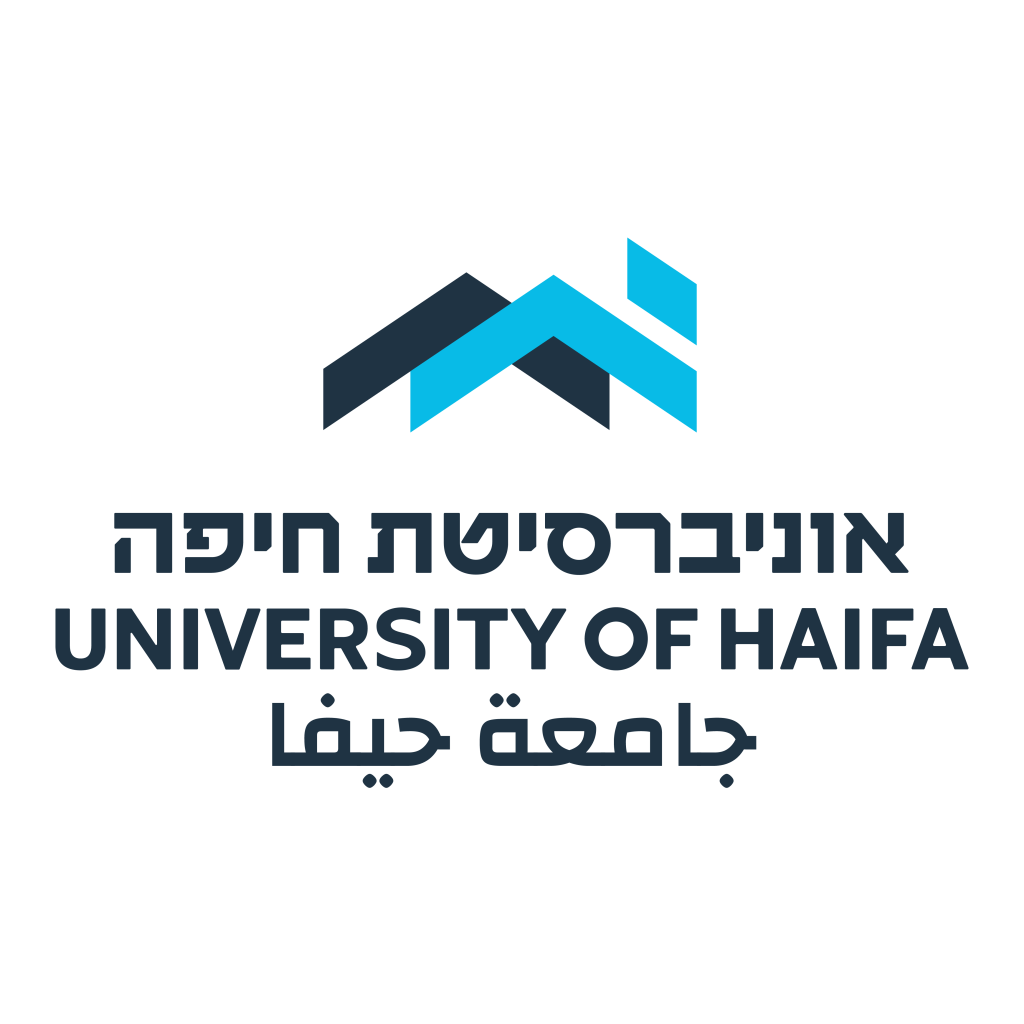


What happens to physicians and other medical professionals when their community, profession, or institutions are under attack? What happens to them when their community is on the side of the aggressors? When loyalty and political neutrality are expected from them, and criticism of authorities is criminalized? In the context of state violence, medical professionals are well positioned in the realm of life and death to be their community’s organic intellectuals and speak for the collective. But political action in the health sphere is restricted by professional limitations, ethical challenges, and repressive conditions. In this panel, we wish to focus on medical professionals in Russia/Ukraine and Israel/Palestine and consider how extreme conditions such as war, colonial aggression, military occupation, and repressive regimes or institutions question the role of doctors as intellectuals and their political positioning in society and how they respond to such challenges.
Organizers: Guy Shalev and Anna Temkina
Format: In-person with a live broadcast
Details: Wednesday, May 24, 14:15-15:45 at 3044 Hamadrega Building
Chair: Itamar Mann, University of Haifa
Research papers:
Treating Tuberculosis in Post-Soviet Prisons in Ukraine: State of Emergency as a Norm
Alexandra Dmitrieva, University of Haifa
Vladimir Stepanov, Ben-Gurion University of the Negev
Health Professionals as a “Moral Compass:” Political Actions in Russian Healthcare before and during the War
Anna Temkina, European University at St. Petersburg and Ben Gurion University
Anastasia Novkunskaya, European University at St. Petersburg
To Lead and not be Excluded: The Position of Arab Social Workers During Violent Outbursts between Palestinian and Jewish-Israeli Citizens in Israel
Nuzha Allassad Alhuzail, Sapir Academic College
Doctors Ordered: The Political Neutralization of Palestinian Physicians in Israel
Guy Shalev (University of Haifa and Physicians for Human Rights Israel)

